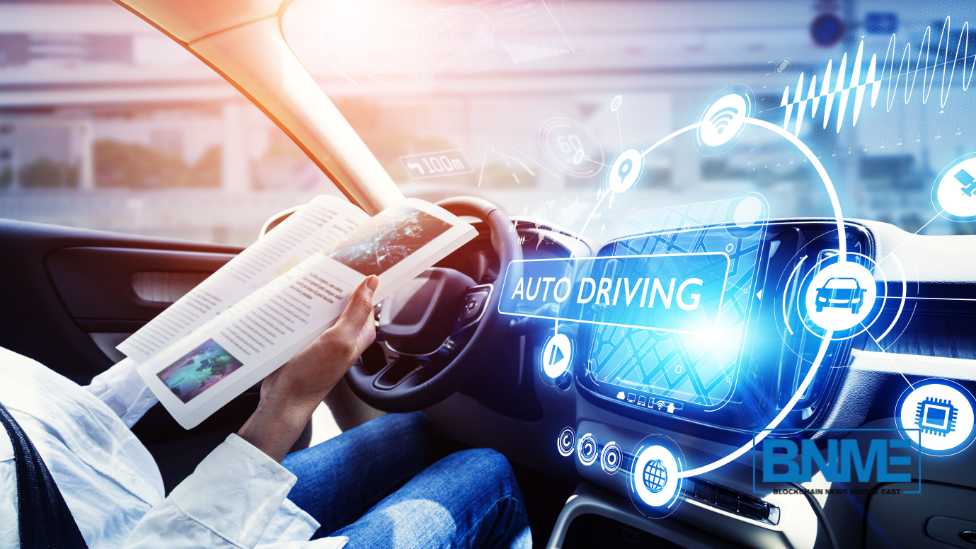The United Arab Emirates (UAE) continuously takes steps that remind the whole world that it is a leader in innovation and technology. The country aims for places like Dubai to be the model city of the future. Technologies like autonomous vehicles and driverless cars have been on the rise.
Autonomous Vehicles in the UAE
Driverless cars in the UAE have become a popular concept, considering the country’s drive to lead the world into the era of autonomous vehicles. The concept of driverless cars is not too far from reality, as we already have semi-autonomous vehicles like Tesla on the roads.
Tech giants in the UAE have been developing and testing the autonomous system in vehicles. These cars come with benefits such as reduced pollution, accidents, and traffic. Hence, the UAE promoting this technology is a wonderful move.
While other countries are focusing on private autonomous vehicles, the UAE takes a more advanced approach. Highness Sheikh Mohammed bin Rashid Al Maktoum launched the Dubai Autonomous Transportation Strategy. The goal of the plan is to make 25% of all trips driverless in Dubai by 2030.
The UAE (Dubai) plans to integrate autonomous technology in public transportation as well as other modes of transport, including trams, cable cars, buses, water, shuttles, metro, and taxis. Currently, the self-driving Metro already accounts for an estimated 9% of all trips.
Potentials of Blockchain and Autonomous Vehicles
Blockchain and autonomous vehicles are two cutting-edge technologies that have individually changed things positively. The fusion of these two technologies can birth something spectacular in various industries in the UAE, including transportation and mobility.
Blockchain technology offers several potential applications in the context of autonomous vehicles:
Data Security
Autonomous vehicles usually generate large amounts of data related to navigation, traffic conditions, and vehicle performance. Blockchain technology guarantees data security as it provides a decentralized and tamper-proof platform for storing and sharing this information. This can help prevent data manipulation and unauthorized access. Hence, this promotes the integrity and privacy of sensitive vehicle data.
Supply Chain Management
Blockchain technology has brought positive changes to the supply chain industry. Thus, the technology can streamline the supply chain management process for autonomous vehicles. Blockchain does this by providing transparent and traceable transactions among manufacturers, suppliers, and service providers. Smart contracts on the blockchain help automate payment and delivery processes.
Vehicle Identity and Authentication
Blockchain-based digital identities can be used to authenticate and track autonomous vehicles. With this development, only authorized vehicles are allowed to access certain services or infrastructure. This can help prevent unauthorized vehicle use. In the long run, it seems that there is security in autonomous transportation systems.
Decentralized Mobility Services
Blockchain can promote the development of decentralized mobility platforms. These platforms allow users to access numerous transportation services, including autonomous vehicles, through a single interface. Smart contracts can govern transactions and agreements between users and service providers.
Final Words
Autonomous vehicles are becoming a popular means of transportation in the UAE. In the UAE, autonomous vehicles are becoming a widely accepted means of private and public transportation. The fusion of autonomous vehicles and blockchain technology will only make things better for UAE residents




























